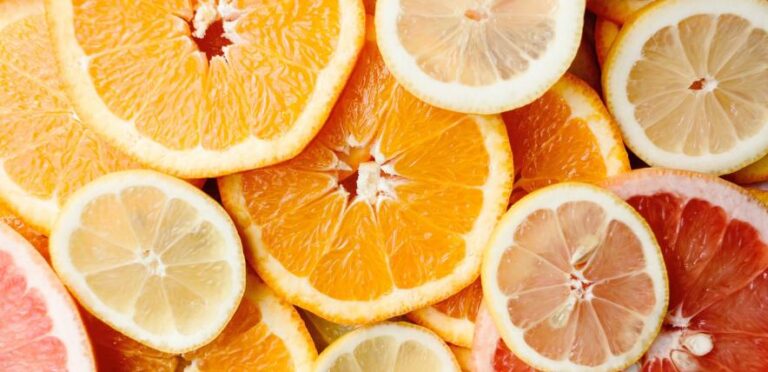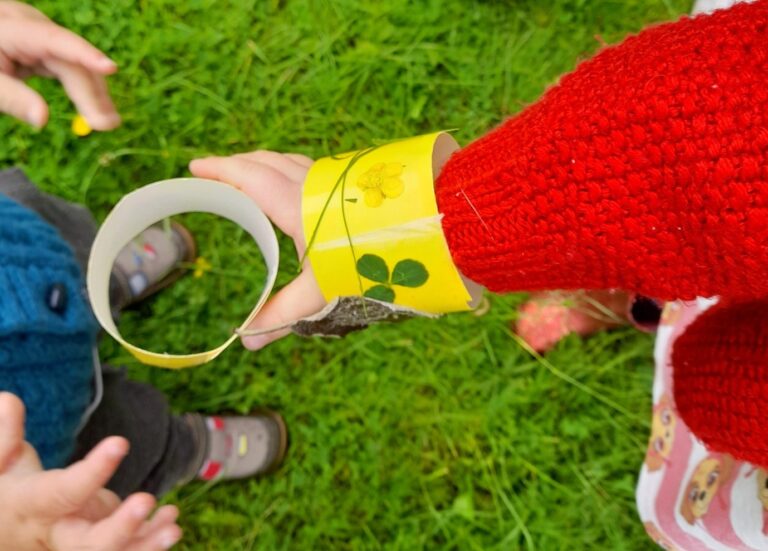By Annie Denny, Nutrition Manager, Early Years Alliance
In current times you may be wondering how you can best support your family’s immune systems.
Sadly, a lot of misinformation has appeared on the internet. We’ve seen social media posts suggesting people take supplements like elderberry or garlic, drink certain juices, or cut out foods such as dairy and gluten.
Here we look at some myths and facts about nutrition and the immune system and provide some tips for helping your immune system work normally.
Myth: Certain foods are immune boosting
The term “boost” your immune system is misleading. A boosted immune system is one that is responding to something such as a food allergen or disease-causing microorganisms.
Instead, it’s important to follow general guidelines for good-health to naturally keep your immune system working as it should do.
Every part of your body, including your immune system, works better when supported by healthy-living strategies and protected from assaults such as smoking, drinking high amounts of alcohol or stress and lack of sleep.
Myth: Modern day foods are low in vitamins and minerals, so you need to take supplements
A varied and balanced diet provides the right quantities of vitamins and minerals that most adults need for their immune system to work normally.
Remember there are no “magic bullet” foods or supplements for the immune system.
Below we will look at some of the nutrients that are important for the immune system to work normally.
There are, however, some groups of people, and some nutrients, where supplements are recommended:
The Department of Health recommends that all children aged 6 months to 5 years should be given vitamin supplements containing vitamins A, C and D every day.
Babies who are having more than 500ml (about a pint) of infant formula a day shouldn’t be given vitamin supplements. This is because formula is fortified.
Folic acid supplements are recommended during pregnancy.
Fact: Vitamin D supplements are important for good health
Vitamin D contributes to the normal functioning of the immune system. Whilst we can get most of the vitamins and minerals we need from our diet, Vitamin D is a bit different as it is only found in a small number of foods (for example oily fish, eggs, fortified margarines and some fortified breakfast cereals). One in five adults in the UK population have low vitamin D status.
The body creates vitamin D from direct sunlight on the skin when outdoors. Between October and early March we don’t get enough vitamin D from sunlight so the Department of Health recommend taking a vitamin D supplement.
Children aged 1 to 4 years old should be given a daily supplement containing 10 micrograms of vitamin D.
See here for advice on children under 1
Adults, including pregnant and breastfeeding women, should also take a daily supplement containing 10 micrograms of vitamin D during the autumn and winter.
Under normal circumstances, from about late March/early April to the end of September, most people should normally be able to get all the vitamin D they need from sunlight.
However, with recommendations for self-isolation, it may be difficult to get outdoors, and the Department of Health recommends that if you aren’t often outdoors you should take a daily supplement containing 10 micrograms of vitamin D throughout the year.
You can buy vitamin D supplements or vitamin drops containing vitamin D (for under 5s) at most pharmacies and supermarkets.
Women and children who qualify for the Healthy Start scheme can get free supplements containing the recommended amounts of vitamin D.
See the Healthy Start website for more information.
Fact: More may not necessarily be better
While deficiency in vitamins and minerals can have an impact on immunity, once “adequate status” (where your body is not deficient) has been achieved, higher intakes are not beneficial. In fact, too high a dose can cause the body more work and some vitamins and minerals can be toxic at high doses.
That’s why high doses of vitamin and minerals should not be taken (unless you are advised to do so by your GP or healthcare professional).
Try to eat a balanced diet of vegetables and fruits, wholegrains, protein, fats, dairy (or plant alternatives). This will provide you with vitamins that are important for the immune system (e.g. vitamin A, B6, B12 C and D) and minerals (e.g. zinc, selenium and iron).
If you are worried that during the coronavirus outbreak, you may not be able to follow a healthy, balanced diet for any reason, then a general vitamin and mineral supplement might act as a “safety net”.
Own brand pharmacy and supermarket multivitamin and mineral supplements can be purchased – there is no need to buy more expensive branded supplements.
Look for one containing minerals such as zinc, selenium and iron, as well as vitamins.
Under the Healthy Start scheme, eligible families can get free vouchers every week to spend on milk and plain fresh and frozen fruit and vegetables.
You can also get free vitamins.
If you live in Scotland visit Best Start
Immune supporting tips
To help your immune system work its best, try to focus on:
- eating a balanced diet
- staying active indoors- and outdoors if you can
- getting fresh air whenever possible
- trying to sleep well and limiting alcohol.
Here are some foods that provide nutrients thought to be important for the immune system to work normally:
Vitamin A — carrots, sweet potato, butternut squash, cantaloupe melon, papaya, liver, cheese, eggs and dark green leafy vegetables
Vitamin B6 — poultry, fish, fortified breakfast cereals, egg yolk, yeast extract, soya beans, sesame seeds and some fruit and vegetables, such as banana, avocado and green pepper
Vitamin B12 — meat, fish, shellfish, milk, cheese, fromage frais, eggs, fortified yeast extract and fortified breakfast cereals
Vitamin C — citrus fruits, blackcurrants, strawberries, papaya, kiwi, green vegetables, peppers and tomatoes
Copper — bread, breakfast cereals, rice, quinoa, meat, fish and shellfish, pulses, avocado, dried fruit, nuts and seeds
Vitamin D — oily fish, eggs, fortified breakfast cereals, fortified spreads and fortified dairy products
Folate — green vegetables, pulses, oranges, berries, nuts and seeds, cheeses, bread and fortified breakfast cereals
Iron — offal, red meat, beans, pulses, nuts and seeds, fish (such as canned sardines, cockles and mussels), quinoa, wholemeal bread and dried fruit
Selenium — nuts and seeds (for example Brazil nuts, cashews and sunflower seeds), eggs, offal poultry, fish and shellfish
Zinc — meat, poultry, cheese, some shellfish (including crab, cockles and mussels), nuts and seeds (in particular pumpkin seeds and pine nuts), wholegrain breakfast cereals and wholegrain and seeded breads
Information reproduced with permission from British Nutrition Foundation.











